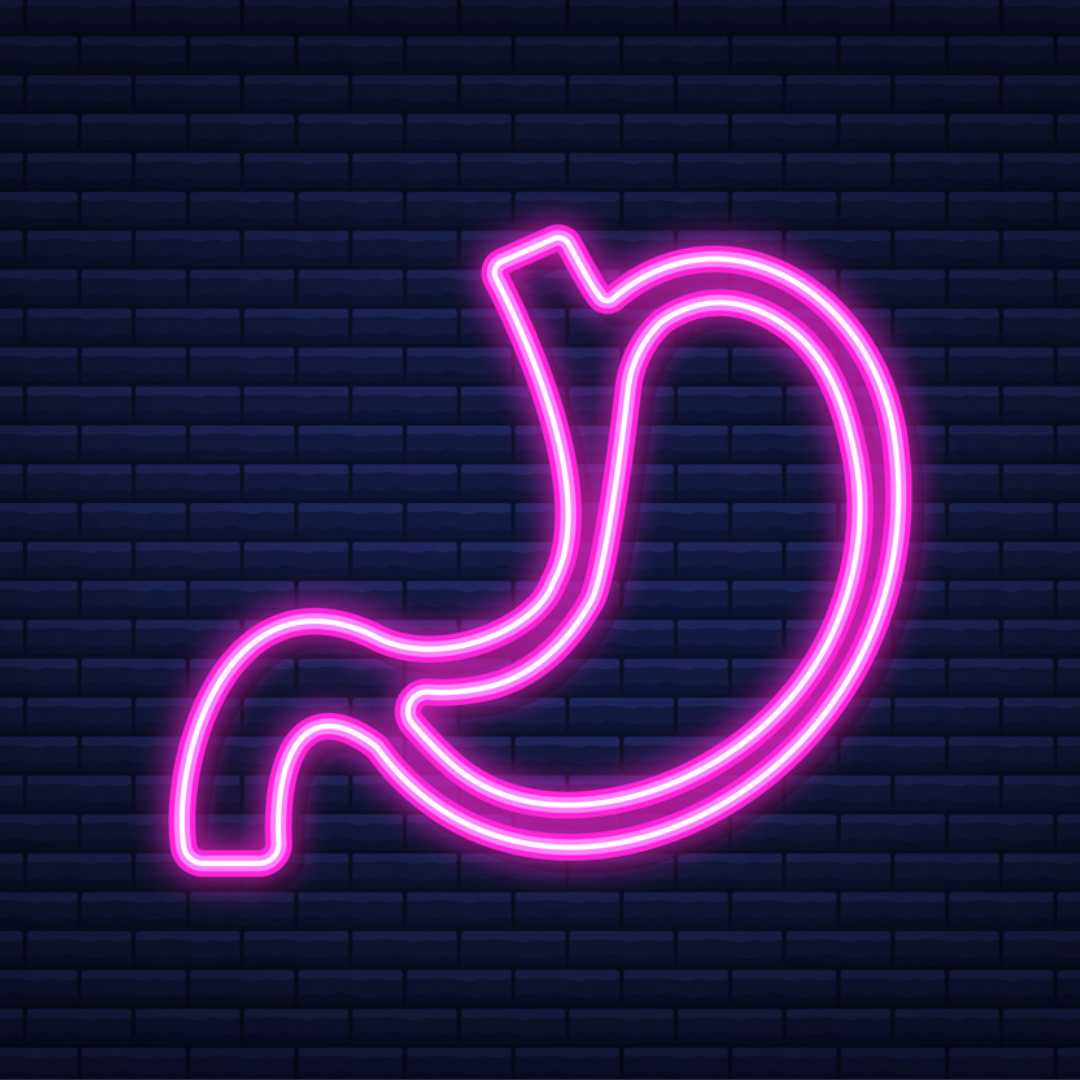Achieving a Healthier Life: The Benefits of Bariatric Surgery in Tijuana

Obesity is a global health concern, leading to numerous related diseases such as type 2 diabetes, hypertension, heart disease, and sleep apnea. For individuals struggling with severe obesity, traditional weight loss methods may not suffice. Bariatric surgery has emerged as an effective solution, and Tijuana, Mexico, has become a prominent destination for those seeking affordable and high-quality surgical interventions.
Key Insights at a Glance
- Effective weight loss with bariatric surgery in Tijuana
- Significant improvement or remission of obesity-related diseases
- Affordable procedures compared to the US and Canada
- Experienced bariatric surgeons with international training
- Comprehensive pre- and post-operative support for patients
How Much Does Bariatric Surgery Cost in Tijuana?
Bariatric surgery in Tijuana is significantly more affordable than in the US and other countries. Below is a cost comparison of various bariatric procedures:
| Procedure | Average Cost in Tijuana | Average Cost in the US | Potential Savings |
|---|---|---|---|
| Gastric Sleeve | $4,000 - $6,000 | $15,000 - $23,000 | Up to 70% |
| Gastric Bypass | $5,000 - $7,500 | $18,000 - $25,000 | Up to 75% |
| Duodenal Switch | $6,500 - $9,000 | $20,000 - $30,000 | Up to 70% |
| Lap-Band Surgery | $3,500 - $5,000 | $10,000 - $20,000 | Up to 65% |
Note: Prices may vary based on hospital, surgeon experience, and package inclusions.
Understanding Bariatric Surgery
Bariatric surgery encompasses various procedures designed to assist with weight loss by altering the digestive system. These surgeries not only reduce food intake but also influence hormonal balances, leading to decreased appetite and improved metabolism.
Common Types of Bariatric Procedures
- Gastric Bypass Surgery – This procedure creates a small stomach pouch and reroutes the small intestine, reducing calorie absorption and aiding weight loss.
- Gastric Sleeve Surgery – A large portion of the stomach is removed, resulting in a sleeve-shaped stomach that holds less food and decreases hunger hormones.
- Duodenal Switch Surgery – This combines aspects of gastric sleeve and bypass, leading to substantial weight loss and improvement in metabolic conditions.
- Lap-Band Surgery – An adjustable band is placed around the upper part of the stomach to limit food intake and promote gradual weight loss.
Impact on Obesity-Related Diseases
Bariatric surgery has been shown to have a profound effect on various obesity-related health conditions.
Type 2 Diabetes
Studies show that up to 90% of patients experience remission of type 2 diabetes following bariatric surgery. Many achieve normal blood sugar levels without the need for medication soon after the procedure.
Hypertension (High Blood Pressure)
Over 70% of patients see a significant reduction or complete normalization of blood pressure levels after weight loss surgery, reducing the risk of heart-related complications.
Sleep Apnea
Weight loss resulting from bariatric procedures often leads to the resolution of obstructive sleep apnea, reducing or eliminating the need for continuous positive airway pressure (CPAP) therapy.
Heart Disease
By addressing risk factors such as high cholesterol and hypertension, bariatric surgery lowers the likelihood of developing heart disease and stroke.
Why Choose Tijuana for Bariatric Surgery?
Tijuana has become one of the leading destinations for weight loss surgery due to the following benefits:
1. Affordable Procedures
Patients can save up to 70% on surgical costs compared to prices in the United States and Canada.
2. High-Quality Medical Facilities
Many hospitals in Tijuana are internationally accredited, following strict hygiene and safety protocols.
3. Experienced Bariatric Surgeons
Tijuana is home to skilled, board-certified bariatric surgeons with extensive experience and international training.
4. Comprehensive Patient Support
Clinics offer full support, including pre-op consultations, nutritional counselling, and post-op follow-up to ensure long-term success.
5. Convenient Travel for International Patients
Tijuana is easily accessible from the US, with many clinics providing airport pick-up and accommodation for medical tourists.
Did You Know?
- Bariatric surgery in Tijuana has a 95% success rate, with most patients achieving significant weight loss within 12-18 months.
- Tijuana is among the top destinations globally for medical tourism, attracting thousands of patients each year.
- Surgeons in Tijuana use the latest minimally invasive techniques, ensuring faster recovery and reduced complication rates.
Frequently Asked Questions (FAQs)
1. Is bariatric surgery in Tijuana safe?
Yes, bariatric surgery in Tijuana is considered safe when performed in reputable, accredited hospitals by experienced surgeons. Many medical centers in Tijuana hold international accreditations, ensuring that they follow strict hygiene and safety protocols similar to those in the US and Canada. Additionally, modern surgical techniques, including laparoscopic and minimally invasive procedures, help reduce risks and enhance recovery. However, it is crucial to choose a well-reviewed and certified clinic to ensure optimal patient safety.
2. How do I choose the right surgeon in Tijuana?
Choosing the right surgeon is a key factor in ensuring a successful bariatric surgery outcome. When selecting a bariatric surgeon in Tijuana, consider the following:
- Board certification and professional credentials in bariatric or general surgery
- Years of experience in performing weight loss procedures
- Patient testimonials and reviews to understand success rates and patient satisfaction
- Hospital affiliations with accredited medical facilities
- Availability of pre- and post-operative care programs for long-term success
It is also advisable to schedule a consultation (virtual or in-person) to discuss your health history, expectations, and the surgeon's approach to patient care.
3. What is the recovery process like?
Recovery from bariatric surgery varies depending on the type of procedure and individual patient factors. Typically, patients stay in the hospital for 2-3 days following surgery for monitoring. The first few days require rest, hydration, and adherence to a liquid diet to allow the stomach to heal.
- Week 1-2: Liquid diet, minimal physical activity, mild discomfort managed with medication
- Week 3-4: Transition to soft foods, light walking encouraged
- Month 2: Introduction of solid foods, gradual return to daily activities
- Month 3 and beyond: Full recovery with a focus on lifestyle changes, including portion control and exercise
Most patients return to work within 2-4 weeks, depending on their job type and individual healing progress.
4. Will I need to follow a special diet after surgery?
Yes, following a strict post-surgery diet is essential for proper healing and long-term success. The diet is usually divided into four phases:
- Liquid Phase (Week 1-2): Only clear liquids such as broth, water, herbal tea, and sugar-free drinks
- Pureed Food Phase (Week 3-4): Blended proteins, mashed vegetables, soft scrambled eggs
- Soft Food Phase (Week 5-6): Tender chicken, fish, steamed vegetables, low-fat dairy
- Solid Foods (Week 7+): Small portions of lean meats, whole grains, fruits, and vegetables
Patients must eat small portions, chew food thoroughly, and avoid high-sugar and high-fat foods. Regular follow-ups with a nutritionist help ensure proper vitamin intake and long-term dietary success.
5. Are there any risks associated with bariatric surgery?
As with any surgical procedure, bariatric surgery carries some risks, but complications are rare when performed by experienced surgeons in accredited facilities. Potential risks include:
- Short-term risks: Infection, blood clots, nausea, and reaction to anesthesia
- Long-term risks: Nutritional deficiencies, acid reflux, gallstones, or the need for a revision surgery
To minimize risks, patients should:
- Choose a qualified and accredited surgeon
- Follow post-surgical guidelines, including diet and physical activity recommendations
- Attend regular follow-up visits to monitor progress and prevent complications
6. How much weight can I expect to lose?
Weight loss results vary depending on the type of procedure, starting weight, and commitment to lifestyle changes. Here’s an estimated weight loss range:
| Procedure | Expected Excess Weight Loss | Timeframe |
|---|---|---|
| Gastric Sleeve | 50-70% of excess weight | 12-18 months |
| Gastric Bypass | 60-80% of excess weight | 12-24 months |
| Duodenal Switch | 70-85% of excess weight | 12-24 months |
| Lap-Band Surgery | 40-60% of excess weight | 18-24 months |
Commitment to a healthy diet, regular exercise, and ongoing medical monitoring is essential for maintaining weight loss results long-term.
7. Is financing available for international patients?
Yes, many bariatric clinics in Tijuana offer financing options or can assist patients in securing medical loans. Some common financing methods include:
- Payment plans through the clinic – Monthly installment options available
- Medical credit cards – Companies like CareCredit and United Medical Credit offer financing for international procedures
- Personal medical loans – Some financial institutions provide loans specifically for medical expenses abroad
- Insurance coverage – Some US-based insurance providers cover bariatric surgery in Mexico (check with your provider)
Before scheduling surgery, discuss payment plans with the clinic to determine the best financing option for your needs.
Start Your Weight Loss Journey with PlacidWay
Making the decision to undergo bariatric surgery is a significant step toward better health. PlacidWay is here to connect you with top-tier bariatric surgeons and accredited facilities in Tijuana, ensuring affordable, high-quality care tailored to your needs.
Contact PlacidWay today for a free consultation and take the first step towards a healthier, more fulfilling life!





.png)
.png)



.png)

.png)
